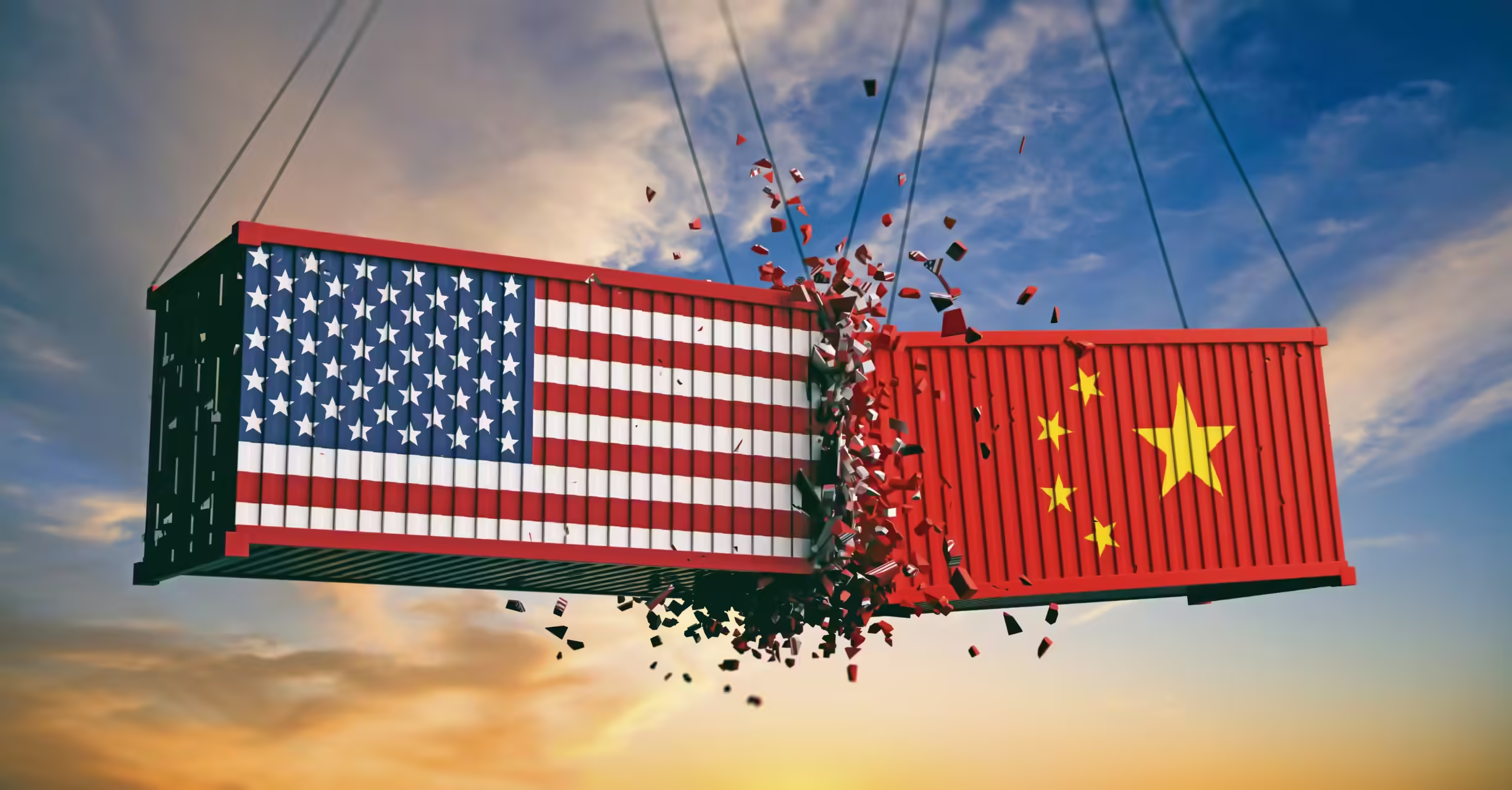Guangzhou, China – The ongoing trade conflict between the United States and China has intensified dramatically, with the U.S. imposing tariffs of up to 245% on Chinese imports. This move has sent shockwaves through global markets and has had immediate repercussions at the Canton Fair in Guangzhou, one of the world’s largest trade expos.
Escalation of Tariffs
The Trump administration’s decision to escalate tariffs stems from China’s recent export restrictions on critical minerals, including rare earth elements essential for various industries such as defense, aerospace, and electronics. In response, the U.S. has layered tariffs: a 125% base rate, an additional 20% penalty related to fentanyl concerns, and further duties ranging from 7.5% to 100% under Section 301 trade enforcement.
China has retaliated by increasing tariffs on U.S. goods to 125%, maintaining a firm stance against what it perceives as economic coercion. Beijing has also filed a complaint with the World Trade Organization, accusing the U.S. of violating global trade rules.
Impact on the Canton Fair
At the Canton Fair, the effects of the tariff war are palpable. Thousands of Chinese manufacturers have reported canceled orders and halted production lines. Warehouses are filling up with unsold goods, and the atmosphere among exporters is one of uncertainty and concern.
Lionel Xu, owner of Sorbo Technology, expressed his frustration: “Trump is a crazy man. What if he doesn’t change his mind? That will be a dangerous thing for our factory.” His company, which produces mosquito repellent kits, has seen a significant drop in orders from the U.S., previously a major market.
Similarly, Amy, a representative from Guangdong Sailing Trade Company, noted, “We have stopped production already. All the products are in the warehouse.” The sudden halt in operations reflects the broader challenges faced by exporters reliant on the U.S. market.
Broader Economic Implications
The tariff escalation has broader implications beyond the trade fair. Workers in manufacturing hubs like Guangdong are experiencing wage cuts and job losses. One shoe factory worker reported a daily wage drop from 300-400 yuan to just 100 yuan. With domestic consumption in China still recovering from the COVID-19 pandemic, the reliance on exports remains critical.
The global economic outlook is also affected. The World Trade Organization projects an 80% drop in U.S.-China merchandise trade for the year, signaling a significant shift in global trade dynamics. This decoupling is expected to lower global GDP forecasts and disrupt supply chains worldwide.
Political and Legal Repercussions
In the U.S., the tariffs have sparked political and legal challenges. California Governor Gavin Newsom plans to sue the Trump administration, arguing that the tariffs are unlawful and economically harmful to the state. The lawsuit contends that the use of the International Emergency Economic Powers Act to impose tariffs without Congressional approval is illegal.
Investor sentiment has also taken a hit. A Bank of America survey indicates that investor confidence is at its lowest in 30 years, with concerns about a potential recession and rising inflation. The S&P 500 has seen significant declines, reflecting market apprehension about the ongoing trade tensions.
Looking Ahead
As both nations remain entrenched in their positions, the path to resolution appears uncertain. While the U.S. has paused additional tariffs on other countries for 90 days to allow for trade negotiations, China remains excluded from this reprieve. The global community watches closely, aware that the ramifications of this trade war extend far beyond the borders of the two economic giants.
The situation underscores the interconnectedness of global trade and the far-reaching consequences of protectionist policies. As manufacturers, workers, and consumers grapple with the fallout, the need for diplomatic engagement and economic cooperation becomes increasingly evident.







